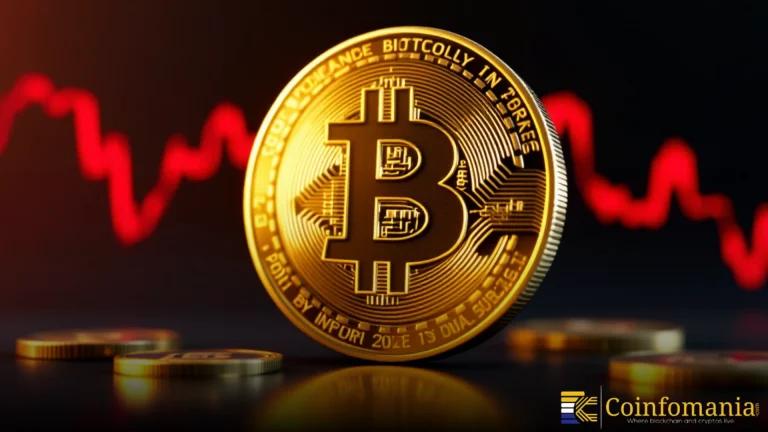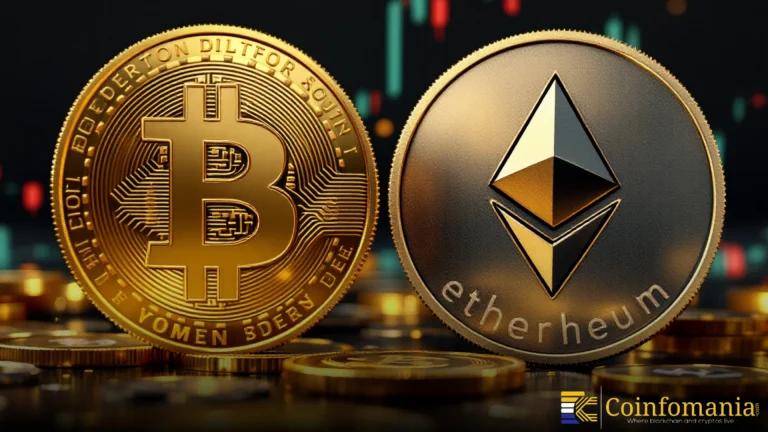Bolivia Embraces Crypto for Fuel Payments Amid Dollar Shortage
Bolivia turns to cryptocurrency for fuel payments amid a dollar shortage. Discover the reasons behind this bold move, its impact on fuel subsidies, and the challenges

In a historic departure due to severe Dollar shortage, Bolivia begins to exploit cryptocurrency to finance fuel imports. The state-owned energy firm YPFB has been allowed to make transactions that involve crypto to secure fuel supplies and avert further economic instability. This unprecedented case is a signal for increased economic strains on the nation and augmented acceptance of crypto in cross-border trade.
Dollar Shortage Sparks Economic Crisis
Bolivia’s economic losses arose after a sudden drop in the transport of gas, which, for many years, had proved a major source of foreign exchange earnings. Foreign currency reserves of the country have plunged to alarming levels, triggering the central bank to fail to find enough dollars to import most vital items, including fuel. This comes with fuel shortages in Bolivia and long queues outside petrol stations, prompting a rise in public dissatisfaction with the government. The inability of the government to stabilize the reserves of currency led to another alternative of payment, making it seek to use the cryptocurrency in paying for fuel imports.
Crypto as a Lifeline – But at What Cost?
Desperate to find a solution, the Bolivian government approved the use of cryptocurrency for international payments. YPFB has already set up a system to handle crypto-based transactions, though no payments have been processed yet.
Officials hope that by using crypto, Bolivia can bypass the need for traditional currency reserves and maintain its fuel imports without relying on the U.S. dollar. However, this approach comes with significant risks.
Fuel Subsidy Cuts Ignite Public Anger
Aside from the shortage of dollars, Bolivia’s government has just recently implemented cuts in fuel subsidies, which have been a mainstay of its economic policy for years. The reductions are intended to ease the government’s financial burden but have upset major economic sectors.
These industries include agribusiness and gold mining. Subsidy reduction affects these sectors most. The farmers are concerned that increased fuel prices would disturb the summer harvest and result in food shortages. The National Chamber of Industries also cautioned that the decrease in access to fuel could hurt supply chains and continue weakening the economy.
Government Tightens Control as Protests Erupt
To curb fuel smuggling and abuse, the government has sent the military to monitor fuel distribution. The action has generated protests and uprisings from affected communities, especially in the mining industry.
Gold mining cooperatives are to organize meetings to address the effect of the fuel crisis, expressing fears of potential strikes and blockades. Disruptions and protests have already commenced, mounting pressure on the government to seek a more long-term solution.
Conclusion
Bolivia’s move to employ cryptocurrency for fuel imports is a manifestation of the acute economic pressure wrought by the dollar shortage. Though this strategy may provide a stopgap measure, the danger posed by crypto volatility and geopolitical instability is still elevated. For Bolivia, this bet may herald a new trade era – or a harsh reminder of the intricacies of using digital currencies in a vulnerable economy.
Follow us on Google News
Get the latest crypto insights and updates.
Related Posts

Crypto Market Starts 2026 Strong: Truflation Signals Sharp Disinflation
Triparna Baishnab
Author

BlackRock Moves $123M in Bitcoin and Ethereum to Binance: What It Really Signals
Triparna Baishnab
Author

Bitcoin and Ethereum Markets Brace for Major Crypto Options Expiry Today
Vandit Grover
Author